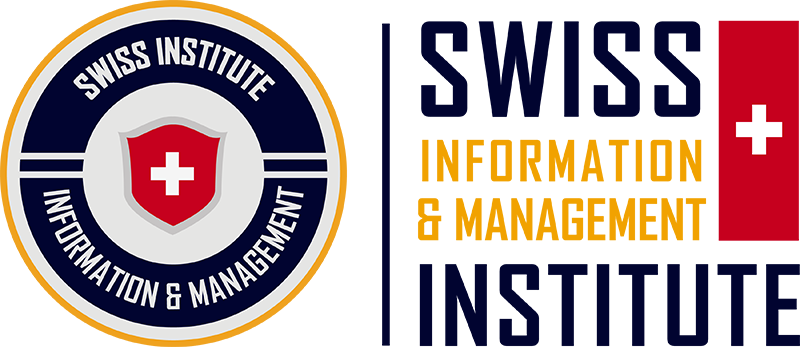International Students Ultimate Checklist Before Studying Abroad In Switzerland

Switzerland is well-known as the ultimate studying destination of many international students. The country facilitates not only local students to study in their mother tongue but also international students to study in English.
There are three types of degrees international students can earn bachelor’s, master’s, and doctorate. All universities and institutes in Switzerland operate according to the Bologna process, hence, all international students can rest assure when studying abroad here due to the equivalent qualification.
The semester often starts in September; however, international freshmen should contact their universities prior. It is recommended to contact their school seven months before.
Enrolling in a university in Switzerland is not at all a difficult job, but in order for you to optimize the enrollment process, here is the quick checklist and guidelines that you can follow if you want to study in Switzerland.
Find the suitable courses
Of course, the first step to do when deciding to study higher is to find courses that are suitable for your needs. If you just graduated from high school, you can take a quick look at all majors to find out which one suits you best. Or if you just got your bachelor’s degree and want to study higher, try to define which skills you want to improve. For instance, if you just got a bachelor of a marketing degree, you don’t have to take a master’s degree in marketing again, you can try another like the master of risk management.
According to the statistics, most high-quality universities are located in cantons like Basel, Zurich, Zug, and St. Gallen.
If you want to enroll in courses that are related to social sciences, natural sciences, law, economics, or medicine, you can take a look at public universities, and if you want to study architecture, mathematics, computer science, humanities, or engineering, you can go to federal institutes of technology. Keep in mind that these are just recommendations.
Entry requirements
To be able to enroll in a university in Switzerland, you must have a certificate issued by Switzerland or other universities whose qualifications are recognized (in Switzerland)
To apply to some applied science-related programs, you might need additional evidence of experience or special ability in your chosen major. You must also attach your academic records, biographies, and other related qualifications.
One of the prerequisites is having the language ability that you will have to use when participating in the study programs in Switzerland. Some common languages are German, French, Italian, English. Some universities might require C1/C2 certificates in English/French/German/Italian.
In addition, if you don’t have these certificates, you’ll have to take a language test. And if you’re not qualified, some universities even offer affordable or completely free language courses, you can leverage this to acquire the desired language.
Take a look at the scholarship
Each school and discipline/major will have different scholarships. That’s why we strongly recommend you to do a bit of research and compare all of the possible scholarships before making any final decision. All tuition fees can be found directly on your university’s website. It usually varies from CHF 500 to 4000.
In addition to tuition fees, you should also do research to calculate your living costs while studying in Switzerland, this depends on your habits and lifestyle.
Follow the registration procedures
You can either apply directly to a university in Switzerland or via an intermediary. All universities’ websites will have a form that you need to fill in so that you can be shortlisted, as well as other additional instructions for successful registration. All you need to do is search carefully and follow the outlined steps.
If you need help or have any questions, you can contact the university’s international or admissions offices.
Admission letter
Once your application is successfully accepted, you’ll receive an admission offer. This is when you need to pay the registration fee and submit the required documents by your uni.
Apply for visa
The next step is to contact the Swiss embassy in your country to inquire about how you can travel to Switzerland to study. Just like studying in any other country in the world like the US, Australia, UK, you’ll need to show financial statements to ensure the government that you can support yourself while studying.
Contact your bank to provide sufficient bank statements or similar documents.
If you’re from an EU/EFTA country, you do not need a visa to enter and study in Switzerland. All other students need to have a student visa (type D) from the Swiss Embassy or Consulate in their home country. You should schedule your visa interview appointment as early as 6 months prior to admission, but no later than 10 weeks prior to departure.
Last but not least: prep your luggage!
One thing you need to do upon arrival in Switzerland is to register with the local office for a residence permit. The deadline is 14 days after the arrival.
Student insurance is also mandatory for all students and you must buy health insurance within three months of arriving in Switzerland. If anything occurs during the time you study in Switzerland, you’ve got all covered. You’ll be able to reduce the financial burden of paying for all the medical services, some of which are very expensive, such as hospital treatment or ambulance.
Switzerland is an expensive country to live in, but you can absolutely work part-time while study, but keep in mind that you can’t work more than 15 hours a week; this amount of working time, however, can help you to pay for all your expenses.
Source: The Swiss Institute of Management and Innovation
